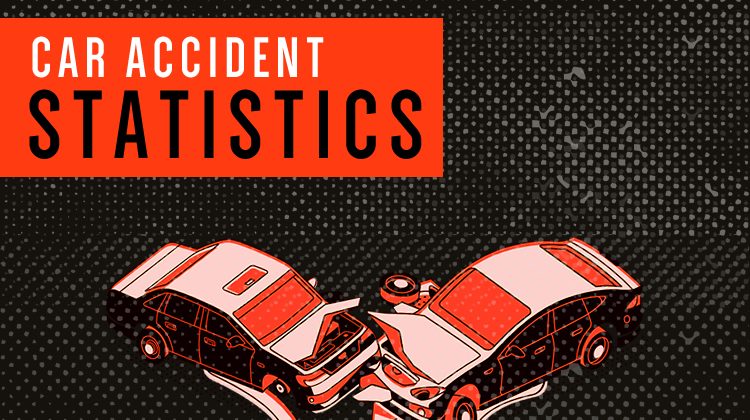As more and more states work to legalize medical marijuana, public opinion about the controversial drug is starting to change. New surveys are throwing a wrench in our understanding of one of the most federally regulated drugs. A recent Gallup poll claims 64% of Americans support making weed legal. The Pew Research Center says that support is a record-high 70% among millennials.
Florida voted to approve medical marijuana in by more than 70% in 2016. As of June 2018, almost 130,000 residents have registered for the program. The growing marijuana market is raising some new concerns about driving under the influence. How can you keep drugged drivers from getting behind the wheel? What’s the protocol for DUI? And are those rules appropriate?
Florida DUI Laws
Local attorneys claim the injuries from DUI accidents are often much more severe than injuries in other car accidents. As such, there’s great concern for even medical marijuana users getting behind the wheel. Florida law defines driving under the influence as the state at which a driver’s “normal faculties are impaired”, prohibiting drivers from operating a vehicle with any illicit substance in their system.
Federal laws still consider marijuana a Schedule I illicit drug, under the same legal classification as heroin. The DEA describes Schedule I drugs as having extremely high addiction potential, including severe psychological and physical dependence. Cocaine and methamphetamine are ranked as Schedule II, considered less dangerous than marijuana under this classification.
Drivers could be convicted of DUI if an officer who pulls them over has “reasonable cause” to believe they’re under the influence of a controlled substance. At this point, the officer could request a urine test to check for tetrahydrocannabinol (THC) in the driver’s system. But marijuana doesn’t appear in a person’s system like alcohol would. Cannabis is stored in fat cells, so users can test positive for marijuana even if they’re not currently under the influence. Frequent users could test positive days, weeks, or even months after the psychoactive effect wears off. This means sober drivers could be at risk for DUI.
Medical Marijuana Sales in Florida
For almost two years, medical marijuana patients have been able to get their hands on legal cannabis with the recommendation of a state-certified doctor. The state’s Office of Medical Marijuana Use says they’re registering new users at a rate of 5,400 people per week.
Because of these changes, state police are now calling for legal changes to protect medical marijuana patients. As of now, patients with prescriptions will be at high-risk for DUI every time they get behind the wheel. In contrast to the strong policing, studies show states where medical marijuana is legal have seen up to an 11% decrease in traffic deaths.
There’s currently no roadside test or technological advancement that can prove a driver is impaired by marijuana. It’s up to the officer’s determination to accuse a driver of DUI. State lawmakers have approved medical marijuana research in order to improve safety, and learn more about how marijuana can affect us. Certain cancer centers and universities have already begun clinical trials.
Hopefully as more research comes out, we will be better able to understand and appropriately police medical marijuana.






No Comment